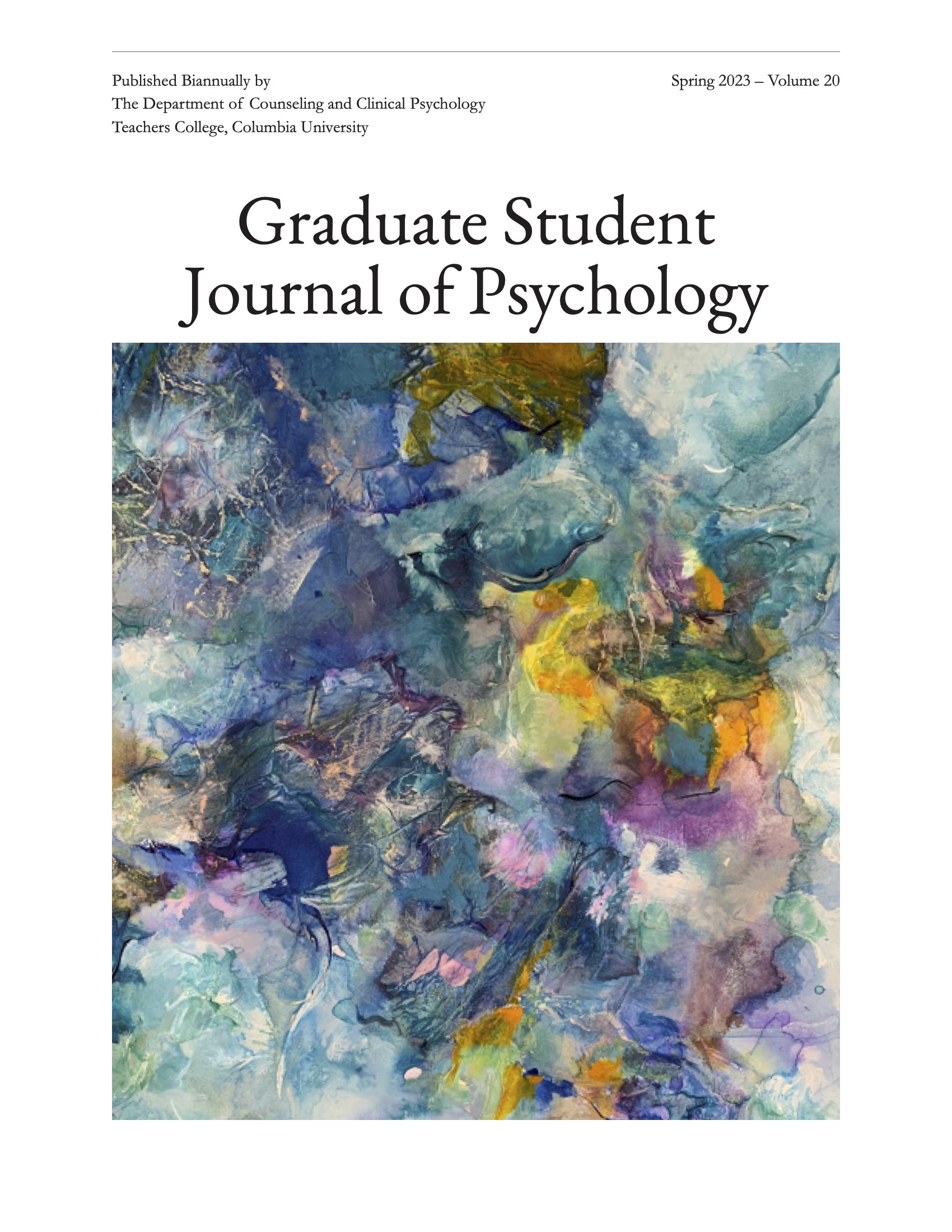The Effects of Face Masks on Emotion Interpretation in Socially Anxious Individuals
Main Article Content
Abstract
Previous research has found emotion interpretation biases in individuals with social anxiety (SA) when emotions are ambiguous. Additionally, research has shown that face masks impair emotion recognition. The present within-subjects, quasi-experimental study examined the impact of face masks on emotion identification in individuals with SA. After pre-screening using a brief SA scale (the SIAS-6, a shortened version of the Social Interaction Anxiety Scale), 92 undergraduate students with qualifying SA scores completed an emotion identification task. The task included images of masked and unmasked individuals expressing four emotions. Results indicated impaired accuracy for all types of masked trials. When examining incorrect choice selections, it was found that neutral masked faces were misinterpreted as sad or fearful significantly more than their unmasked counterparts, suggesting a mask-specific interpretation bias. In relation to previous research on SA and hypervigilance for threat faces, when considering all masked trials, accuracy was highest for masked angry trials. While this study was limited in that it did not include a non-anxious group, the results have interesting implications. Importantly, the present findings suggest that some previously identified SA-related emotion interpretation characteristics persist when viewing masked faces (e.g., hypervigilance for threats), while others do not (e.g., default bias for interpreting neutral as hostile). Future research should focus on elucidating the causes of the present results, which are important to this population and clinicians, as socially anxious individuals attribute greater social cost to negative emotions; thus, misinterpretation of emotions as negative may be detrimental to their mental health.
Article Details

This work is licensed under a Creative Commons Attribution-NonCommercial 4.0 International License.

